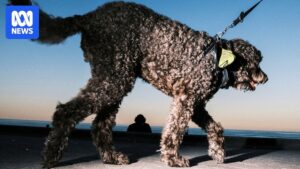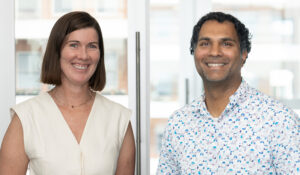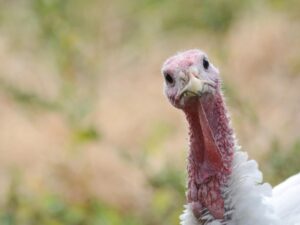
Each year, over 3,000 Australians receive the devastating diagnosis of primary liver cancer, with survival rates alarmingly low—only one in five patients live beyond five years. The most prevalent type, hepatocellular carcinoma (HCC), is rapidly becoming a leading cause of cancer-related deaths in the country. “Left undiagnosed or untreated, liver conditions both common and rare can progress to liver cirrhosis, which significantly increases the risk of HCC—the most common form of primary liver cancer,” explains Prof. Simone Strasser, Senior Staff Specialist in hepatology. “Given that 80-90% of patients with primary liver cancer already have pre-existing liver conditions, awareness of liver disease and support for patients has never been more important.”
In response to this urgent need, the Liver Foundation has launched a nurse-led support line, providing a lifeline of expert guidance and empathetic care for patients with primary liver cancer and their families. This service aims to fill a critical gap, offering free access to compassionate support during what can be an overwhelming journey.
Personal Stories Highlight the Need for Support
For patients like Tony, 71, and his wife Kay, the support line could have been transformative when he was diagnosed with potentially terminal liver cancer in 2022. “Having that support and guidance during the period of unknowns between tests, treatments, and appointments would have been so helpful,” he reflects. “It would have made such a difference for me and my family, especially in those darker moments where you feel quite alone and confused about what’s happened, and what’s still to come.”
While a liver cancer diagnosis is complex and daunting, early detection and timely management are crucial for improving survival rates. Prof. Strasser emphasizes, “This is why raising awareness, improving diagnosis, and providing support for all forms of liver disease as well as liver cancer is critical.”
Filling the Gap in Cancer Support Services
The support line offers an essential service, especially for those treated outside traditional cancer centers, who often miss out on the additional support available to other cancer patients. This is particularly significant for individuals in regional or remote areas, those with limited English proficiency, and Aboriginal and Torres Strait Islander communities.
Staffed by knowledgeable nurses specializing in primary liver cancer and related liver diseases, the line allows patients to express concerns, ask urgent questions, and receive answers without judgment. Tony notes, “You still see your doctor, but if you have access to the nurse support line, you can get immediate answers to things you might have been stressing about for weeks.” He hopes that spreading awareness about the support line will alleviate some of the anxiety and stress associated with liver cancer for others.
A National Effort for Equity in Cancer Care
The Liver Foundation, recognized as Australia’s leading organization for those affected by liver disease and cancer, established this support line with funding from the Department of Health & Aged Care under the Australian Cancer Nursing and Navigation Program. This initiative is part of a broader federal effort to enhance quality and equity in cancer care through the Australian Cancer Plan.
The free nurse-led support line is now operational from 8:00 am to 6:00 pm (AEST). Patients and their families can call 1800 841 118 to speak with a specialist liver nurse. The service is accessible through translators, TIS National, or Auslan, ensuring that language barriers do not impede access to crucial support.
As October marks Liver Cancer Awareness Month, the launch of this support line represents a significant step forward in providing the care and assistance that liver cancer patients desperately need. By addressing both the medical and emotional aspects of the disease, the Liver Foundation hopes to improve outcomes and quality of life for those affected.






